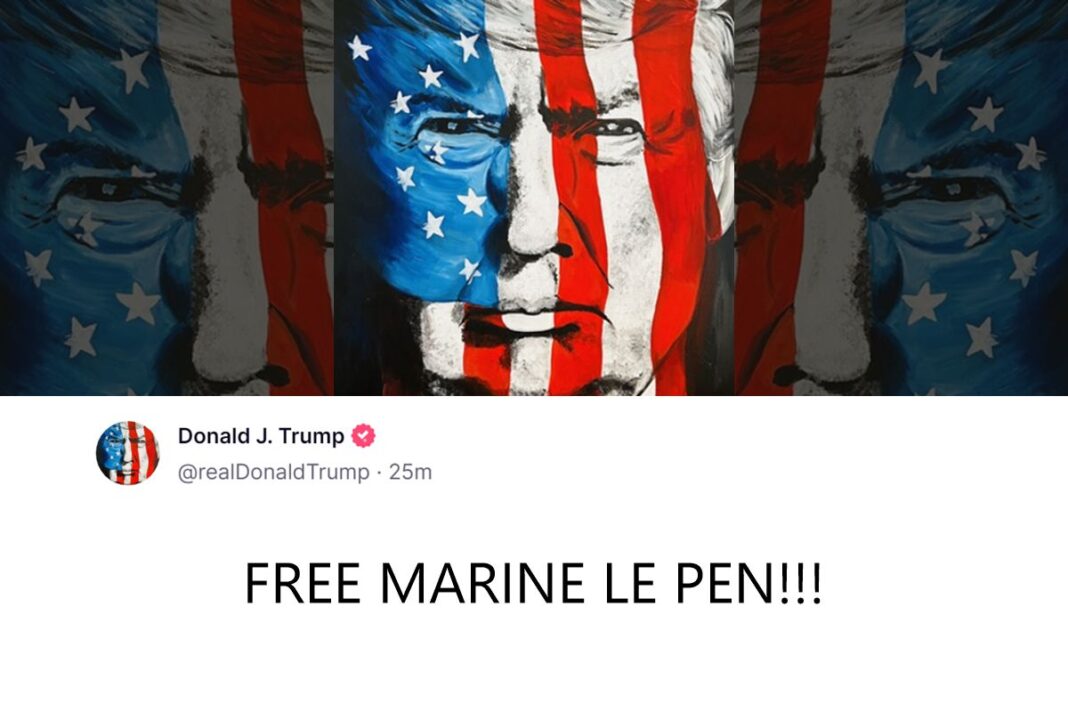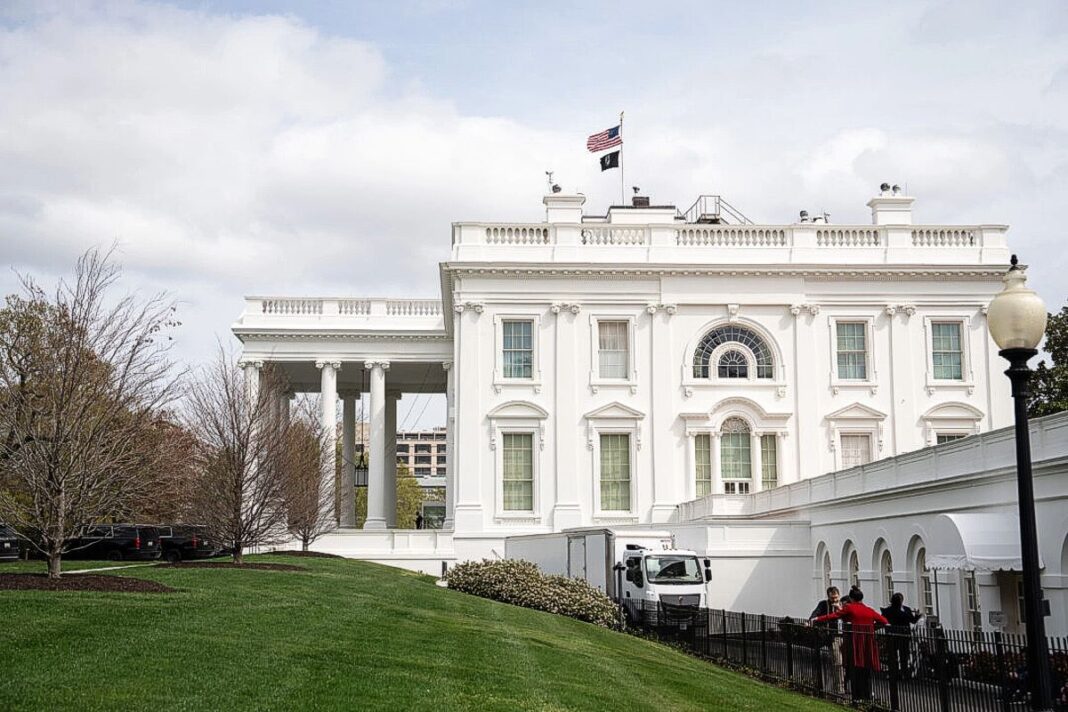The populist leader has been barred from running for office for five years, sparking accusations of lawfare from some conservatives and supporters.
News Analysis
A verdict by the Paris Criminal Court on March 31 drew strong reactions across the French political arena. Marine Le Pen, a prominent figure on the nationalist right and a three-time presidential contender, was convicted in a long-running case involving her party’s use of European Parliament funds to pay assistants. The ruling bars her from running in the 2027 presidential election.
For the first time since 1981, the Le Pen name could be absent from the ballot entirely.
The Paris court’s verdict against Marine Le Pen reverberated beyond France’s borders, drawing international criticism from prominent conservative leaders, including Hungarian Prime Minister Viktor Orbán, Italian Prime Minister Giorgia Meloni, and U.S. President Donald Trump.
Trump, writing on his social media platform Truth Social, offered his unequivocal support on April 4.
“Free Marine Le Pen!” he wrote in all caps.
At the center of the case is the use of European Parliament funds to pay staff who worked simultaneously for Rassemblement National (RN), or National Rally, members of the European Parliament, and for the party itself. The court called it embezzlement, although it acknowledged there was no personal enrichment.
Le Pen and 21 co-defendants were convicted by the trial court. She was sentenced to four years in prison—two of them suspended—to be served outside of jail under electronic monitoring, along with a five-year ban from holding public office, effective immediately.
Le Pen denounced the ruling as politically motivated. On the French television network TF1 on the same evening, she said, “The rule of law has been completely violated.”
The next day, she went further, calling the decision “a nuclear bomb” designed to wipe her candidacy off the map.
Jordan Bardella, president of the National Rally, denounced what he called the “tyranny of red judges.” Both Bardella and Le Pen say the case involves no embezzlement but rather an “administrative disagreement.”
The court rejected that defense, stating “this was not a matter of administrative errors or a misunderstanding by the Members of Parliament of confusing European rules.”
National Rally First Vice President Louis Aliot and former party treasurer Wallerand de Saint-Just, both co-defendants, said they stand by their defense of Le Pen.
“This isn’t embezzlement; it’s an administrative dispute,” Aliot told The Epoch Times. “Had the European Parliament clearly told us, ‘You can’t do this,’ we would obviously have acted differently.”







